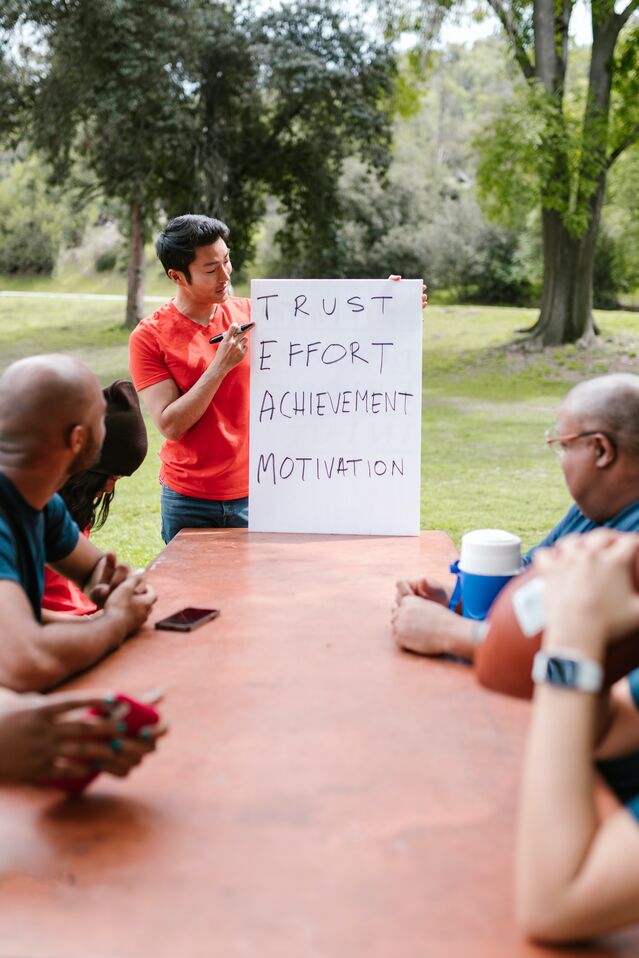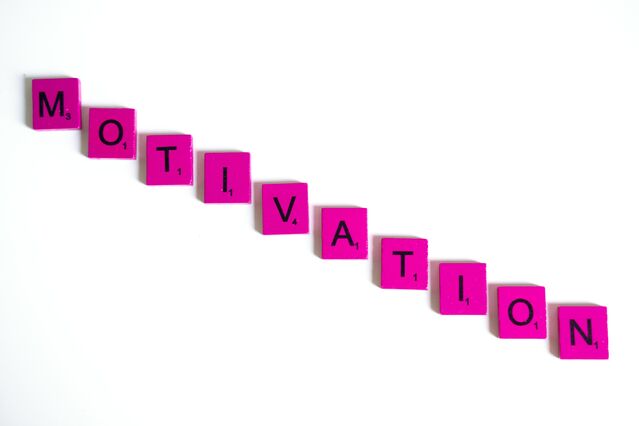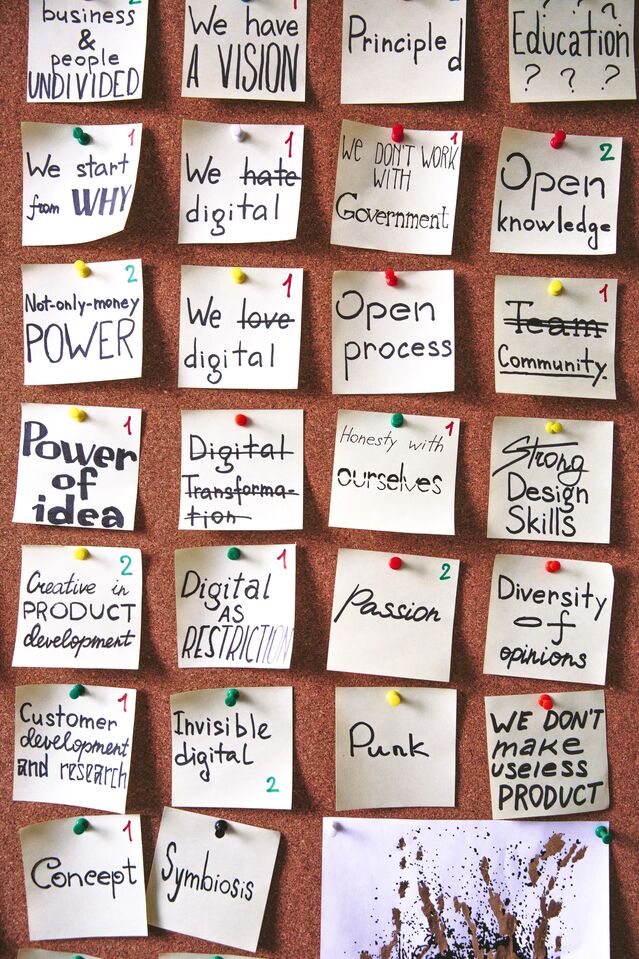Teamwork
How Cooperation Becomes Transformative
The challenge is psycho-spiritual.
Posted April 19, 2022 Reviewed by Abigail Fagan
Key points
- Cooperative efforts generally have a short shelf-life.
- Sustaining long-form cooperation is a psycho-spiritual challenge.
- We can benefit from approaching cooperation as a potentially transformative encounter, not a personal sacrifice.
- Understanding the motivations we bring to social exchanges allows for more seamless cooperation.

History has shown that under the right conditions, and with the right people, reliable cooperation can take place in even the most trying of circumstances. But the capacity to cooperate is not a universal capability, nor is it easy to put into practice. In far too many instances, cooperative endeavours fall apart quickly.
Making Cooperation More Reliable
How do we encourage better cooperation? It’s a question asked by researchers in fields as diverse as psychology, sociology, neuroscience, and anthropology, but with disappointing answers. Even cutting-edge research shows that it is nearly impossible to support reliable cooperation.
That’s why sustaining cooperation becomes a psycho-spiritual challenge. A spiritual mindset is hopeful, turning our attention to the potential of new alliances. It encourages us to recognize the collective dimensions of our identity and efforts. It’s a force that transforms.
Meaningful work often consists of risky cooperation with empowered and opinionated individuals. We react, create, and work within a social environment, and so there emerges a responsibility to connect both with those who are impacted by our actions, and those who could impact the effectiveness of our actions, for good or bad, with their own subsequent reactions.
Doing creative activities with others makes us better equipped for the uncertain future that we are shaping with our actions and reactions. Our new friends and allies will work with us to ensure the changes we initiate will be for the better. And the reverse is also true: disconnected actions will lead to unpredictable reactions from those who we alienate.

Understanding What Motivates
Approaching cooperation as a potentially transformative encounter, and not a sacrifice of personal benefit, is key. Humans constantly engage in a dance of influence. We play to different motivations as we try to entice others to cooperate with us, or when we accede to their influence efforts.
There are at least three distinct motivations behind our willingness to meaningfully cooperate:
- A moral motivation tied to our internal system of values.
- A relational motivation to establish or maintain a satisfying personal relationship with somebody.
- An economic motivation to enrich or avoid loss.
These three motivations are not mutually exclusive but are always present, to some extent, depending on the situation. Knowing the underlying motivation behind cooperation is critical to getting to a place where cooperation can be transformational.

Pals or Principles
When morally motivated, we cooperate based on an assessment of how well the situation aligns with our personal values. As such, we’re likely to adopt an evaluative perspective toward the ongoing relationship. This means that although my ongoing support is fundamental to the success of our cooperative efforts, it will only work so long as the situation on the ground aligns consistently with my principles.
In contrast, when relationally motivated, we cooperate because we want and expect to establish or maintain a satisfying personal relationship, usually based on reciprocity. Being relationally motivated means that, more than anything else, I want to ensure that our relationship will grow stronger — that our friendship is substantive. Consequently, my perceived obligations to you will override other aspects of my personal value system. This is why principled people can get co-opted into doing bad things for the greater good of building or maintaining a particular social relationship.
Understanding how we engage in the exchange of influence, with insight into the motivations we bring to certain social contexts as well as the influencer motivations we are most receptive to, will allow for more seamless cooperation in our professional and personal lives. It's the first step in the bigger spiritual challenge of making meaning out of the interpersonal connections that emerge from our cooperative partnerships.
References
Weitzner, D. (2021). Connected Capitalism: How Jewish Wisdom Can Transform Work. Toronto: University of Toronto Press.
Weitzner, D. & Deutsch, Y. (2015). Understanding Motivation and Social Influence in Stakeholder Prioritization. Organization Studies, 36: 1337–60.
Rand, D., Peysakhovich, A., Kraft-Todd, G. et al. (2014). Social Heuristics Shape Intuitive Cooperation. Nature Communications 5: 3677.


